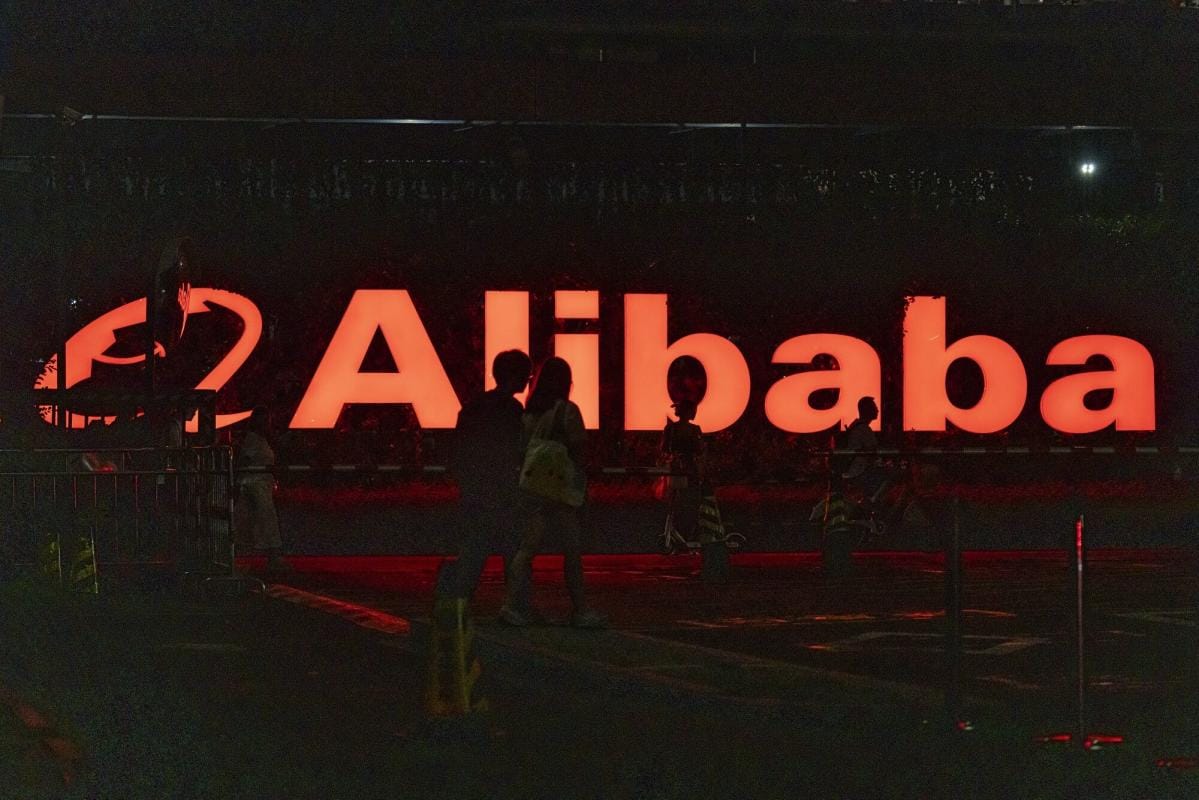David Tepper Scales Back Alibaba Stake Despite China’s Stimulus Push: What’s Behind the Move?
Billionaire investor David Tepper cuts Alibaba stake and trims exposure to Chinese stocks despite recent stimulus-driven market rally. Here's why.

Billionaire investor David Tepper, known for his bold market moves, surprised many when he trimmed his stake in Alibaba Group Holding Ltd. during the third quarter of 2024—despite his earlier enthusiasm for Chinese stocks. Tepper’s hedge fund, Appaloosa Management, reduced its holdings in the e-commerce giant by 5%, according to a 13F filing released Thursday. While the Alibaba cut stands out, the company remains Appaloosa’s largest position, representing 16% of the fund’s $6.7 billion equity portfolio.
Tepper’s decision to scale back on Alibaba and other China-related stocks comes amid a wider shift in his portfolio. Although he reduced his stake in Alibaba, Tepper increased his exposure to other Chinese companies. He more than doubled his position in PDD Holdings (the parent company of Pinduoduo), while also adding to stakes in JD.com and KE Holdings. Tepper also trimmed his exposure in key China-focused ETFs, such as the iShares China Large-Cap ETF and KraneShares CSI China Internet ETF, and sold some shares of Baidu Inc.
This move is at odds with Tepper’s enthusiastic comments just a few weeks ago. In September, he told CNBC he was buying “everything” related to China, including ETFs and futures, in response to Beijing’s stimulus measures aimed at reviving the country’s economy. Tepper’s comments came during a rally in Chinese stocks, which had been fueled by hopes that China’s government would provide more fiscal support and stabilize the country’s struggling property sector. The move sparked a major market rally, with the CSI 300 Index climbing 30% and the Nasdaq Golden Dragon Index—tracking US-listed Chinese firms—rising 40%.
Despite cutting back on Alibaba, Tepper’s overall exposure to Chinese stocks actually increased in the third quarter, rising to 38% of his portfolio from 26% in the previous quarter. This shows that, while Tepper may have dialed down his Alibaba position, he still remains heavily invested in China’s broader market.
Tepper isn’t alone in betting on Chinese stocks. Fellow hedge fund manager Michael Burry, who famously shorted the US housing market ahead of the 2008 crash, has also been increasing his exposure to China, particularly Alibaba. However, Burry is hedging his bets by adding bearish options to protect against potential downsides.
The rally in Chinese stocks, which Tepper and Burry capitalized on, appears to be losing steam in recent weeks. Some investors are cautious about China’s long-term growth prospects, given persistent challenges like sluggish consumer spending and an ongoing property market slump. Furthermore, the uncertainty surrounding US-China relations and potential geopolitical tensions, especially with the US election approaching, is adding to investor caution.
While Tepper and Burry remain among the few hedge fund investors bullish on China, their actions show the delicate balancing act they face: trying to capitalize on the potential upside of China’s market recovery while managing the risks that come with geopolitical uncertainty and economic fragility.


